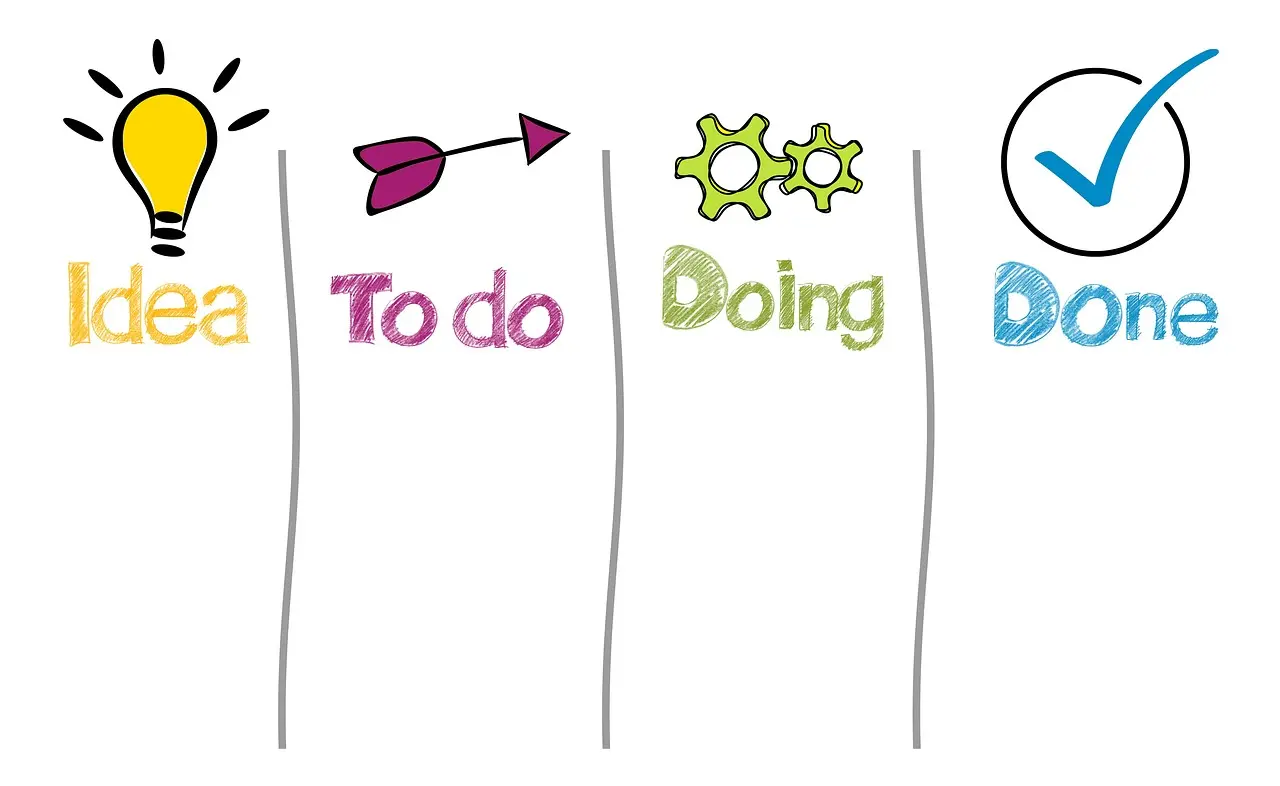DevOps (CI/CD) is an approach to the interaction between development and operations teams aimed at accelerating processes, automation, and reducing risks. In practice, this structure is manifested in the emergence of a new role – a specialist combining programming skills and system administration. Understanding what a DevOps engineer does is necessary to grasp the current processes in the IT industry.
The activities of a worker cover all stages of the product lifecycle: from writing code and setting up environments to deploying the system and monitoring it in production. Such an employee ensures process stability, automates routine tasks, and maintains the infrastructure in working condition.

What a DevOps Engineer Does: Tasks in Modern Projects
The specialist’s work includes a complex of directions: from configuring builds to managing clusters and organizing continuous delivery. A wide range of technologies requires constant learning and adaptation. The main focus is on the efficiency, reliability, and scalability of solutions.
Clear understanding of processes is required before performing complex operations. Below are the key responsibilities of a DevOps engineer that shape their professional functionality:
- system automation – implementing CI/CD, configuring pipelines, eliminating manual work;
- monitoring – setting up alerts, logging, and visualizing metrics;
- infrastructure as code – managing configurations using Terraform, Ansible, Helm;
- containerization and orchestration – working with Docker, Kubernetes, and equivalents;
- environment security – access control, data encryption, auditing, and backups.
A comprehensive approach allows engineers to ensure uninterrupted operation of applications, which is particularly relevant for high-load systems. The employee participates in designing architecture, selecting tools, and optimizing the environment, interacting with teams at all stages of the product lifecycle.
Where DevOps Engineers Are Needed and What They Do?
The transition from classical development schemes is taking place in many industries. The relevance is due to the need to quickly implement changes, scale applications, and ensure stable operation. As a result, the demand for such specialists is steadily increasing. Here is a list of areas where engineers are particularly in demand and actively involved in business processes:
- IT companies – outsourcing and product projects with regular releases and complex architecture;
- banking sector – automation of internal platforms, management of fault-tolerant systems;
- e-commerce – ensuring fast delivery of updates, platform scaling;
- startups – implementing flexible solutions with limited resources;
- cloud solution providers – virtualization, hosting, cloud storage.
The role is not limited to a specific industry. The approach is applicable to any tasks where speed, security, and predictability of releases are important. Using modern tools significantly reduces technical risks and speeds up product launches to the market.
Career Development Trajectories
Starting a career in DevOps is possible from either a system administration or programming background. Development occurs through deepening technical knowledge, mastering new tools, and participating in large-scale projects. Transitions to architects, SRE engineers, or technical leads in the CI/CD direction are possible.
At the beginning, not only theoretical preparation is important but also understanding real tasks. Participation in team projects, creating test infrastructure, configuring pipelines – all help to develop the necessary competencies and enter the profession.
Conclusion
Understanding what a DevOps engineer does is necessary to assess their role in the project team. They ensure reliable operation of applications, control infrastructure processes, and implement automation. Such a specialist combines technical knowledge, experience in product interaction, and the ability to manage critical components.

High demand, development prospects, and flexible employment format make the profession attractive to workers with a systemic mindset. CI/CD engineers are actively involved in IT companies, startups, fintech, e-commerce, and cloud projects.
Relying on infrastructure as code, automation, monitoring, and security shapes a new development culture where DevOps becomes not just an employee but a link between people and technologies.
 en
en  ru
ru  de
de  ar
ar  es
es  nl
nl  hi
hi  fr
fr  pt
pt  it
it  el
el 











